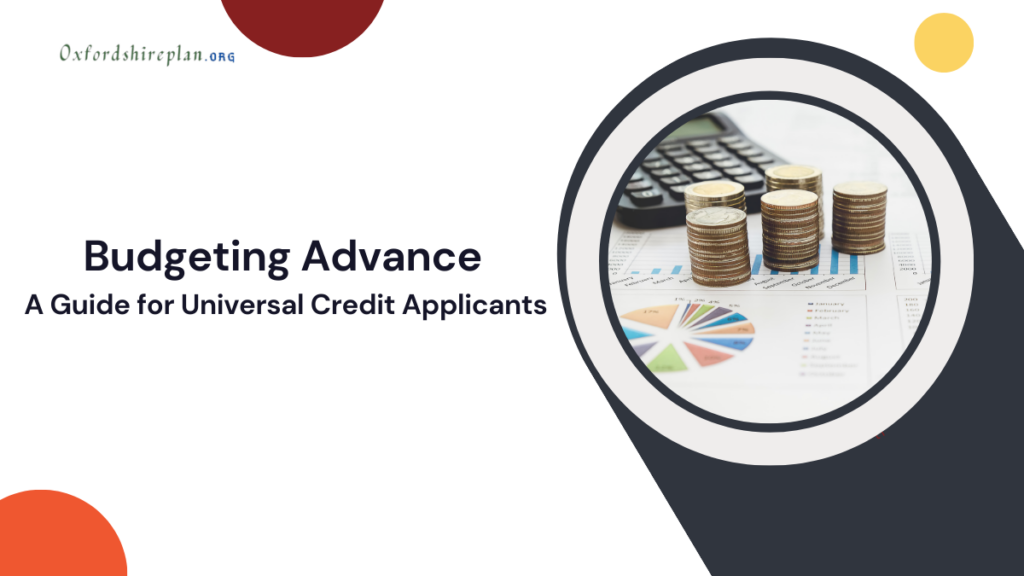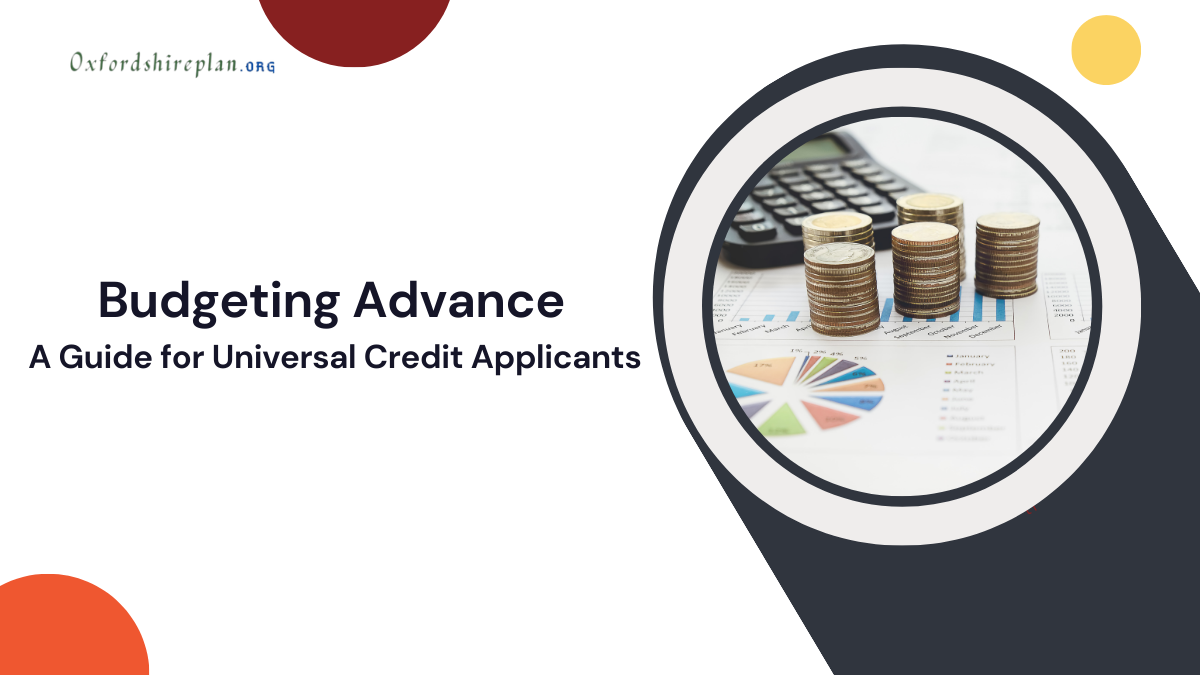For those facing unexpected financial demands while on Universal Credit, a budgeting advance can offer essential support. This loan, designed to cover specific expenses, is particularly beneficial for individuals needing immediate funds. Here, we’ll explore the requirements, benefits, and application process to ensure you’re well-prepared to manage essential costs through budgeting advances.

Contents
What is a Budgeting Advance?
A budgeting advance is a loan provided through Universal Credit to help with one-off or urgent expenses. This advance can assist with costs related to essential items, repairs, or even work-related needs. However, it’s important to remember that repayments will be deducted from your Universal Credit payments until the loan is paid off, usually within a 12-month period.
When Can You Use a Budgeting Advance?
A budgeting advance can cover a range of expenses, such as:
- Replacing necessary household items like a broken fridge
- Work-related costs like purchasing uniforms or essential tools
- Unexpected expenses that may arise without notice
- Home repairs for maintaining a safe living environment
- Travel costs necessary for job interviews or other work-related needs
- Maternity expenses related to essential child needs
- Funeral expenses to help cover immediate costs
- Moving expenses or rent deposits for securing a new place
- Basic items like clothes for immediate use
Important Note
If you’re newly enrolled in Universal Credit and haven’t yet received your first payment, you should apply for an advance payment instead of a budgeting advance.
Cost of Living Payments
In addition to budgeting advances, the government has also provided Cost of Living Payments. The last payment of £299 was sent in February 2024 for those with Universal Credit assessment periods ending between November 13 and December 12, 2023.
If you believe you were eligible but didn’t receive the payment, you can report this on the GOV.UK website. It’s important to note that even if your Universal Credit was deducted for other reasons or paid directly to your landlord, you should still have received this payment.
Who Qualifies for a Budgeting Advance?
You may be eligible for a budgeting advance if:
- You need funds for work-related expenses, such as travel for a job interview.
- You’ve claimed one of the following benefits for at least six months:
- Universal Credit
- Means-tested Jobseeker’s Allowance
- Means-tested Employment and Support Allowance
- Income Support
- Pension Credit
- Your recent earnings are under £2,600 (or £3,600 if you live with a partner) in the past six months.
- You have no outstanding budgeting advances. If you or your partner is still repaying a previous budgeting advance, you’ll need to wait until it’s paid off.
How Much Can You Borrow?
The amount you can borrow through a budgeting advance varies based on your circumstances:
- Single applicants without children: up to £348
- Couples without children: up to £464
- Applicants with children: up to £812
Capital Limit for Budgeting Advances
If you have savings or property valued over £1,000, this may impact your budgeting advance. For example, if you have £1,250 in capital, the Jobcentre reduces the advance by the excess amount of £250.
Apply for a Budgeting Advance
To apply for a budgeting advance, you’ll need to make a phone call to your local Jobcentre. During the application, an adviser will evaluate:
- Your capacity to repay the loan, considering existing debts and your current financial commitments
- Your capital or savings
Most applicants receive a decision on the same day, allowing quick access to funds if the application is successful.
If Your Budgeting Advance is Declined
If your application is rejected, you don’t have the right to appeal. However, you can request a review if you can provide new evidence or if your situation has changed since your initial application.
Managing Debt and Rent Arrears
If you’re in debt or facing rent arrears, consider these strategies:
- Seek advice on debt management to prioritize essential payments.
- Contact your landlord or creditors to discuss flexible repayment plans.
In summary, a budgeting advance can be an effective tool for managing essential expenses, particularly when unexpected costs arise. Understanding eligibility requirements and the application process will empower you to make informed decisions and access support when needed.
Click here to learn more

I am a dedicated lifestyle and fashion enthusiast, always looking for the latest trends and timeless styles. With a flair for creativity and a passion for self-expression, I provide fresh insights and tips on elevating everyday living and personal style.
















